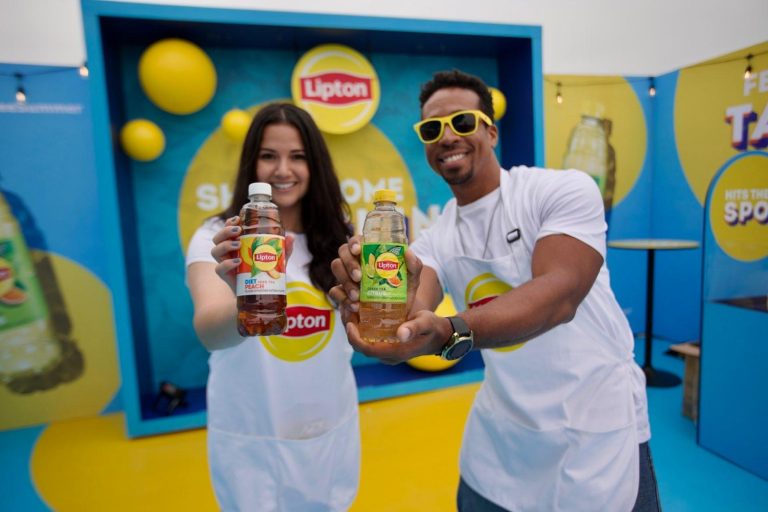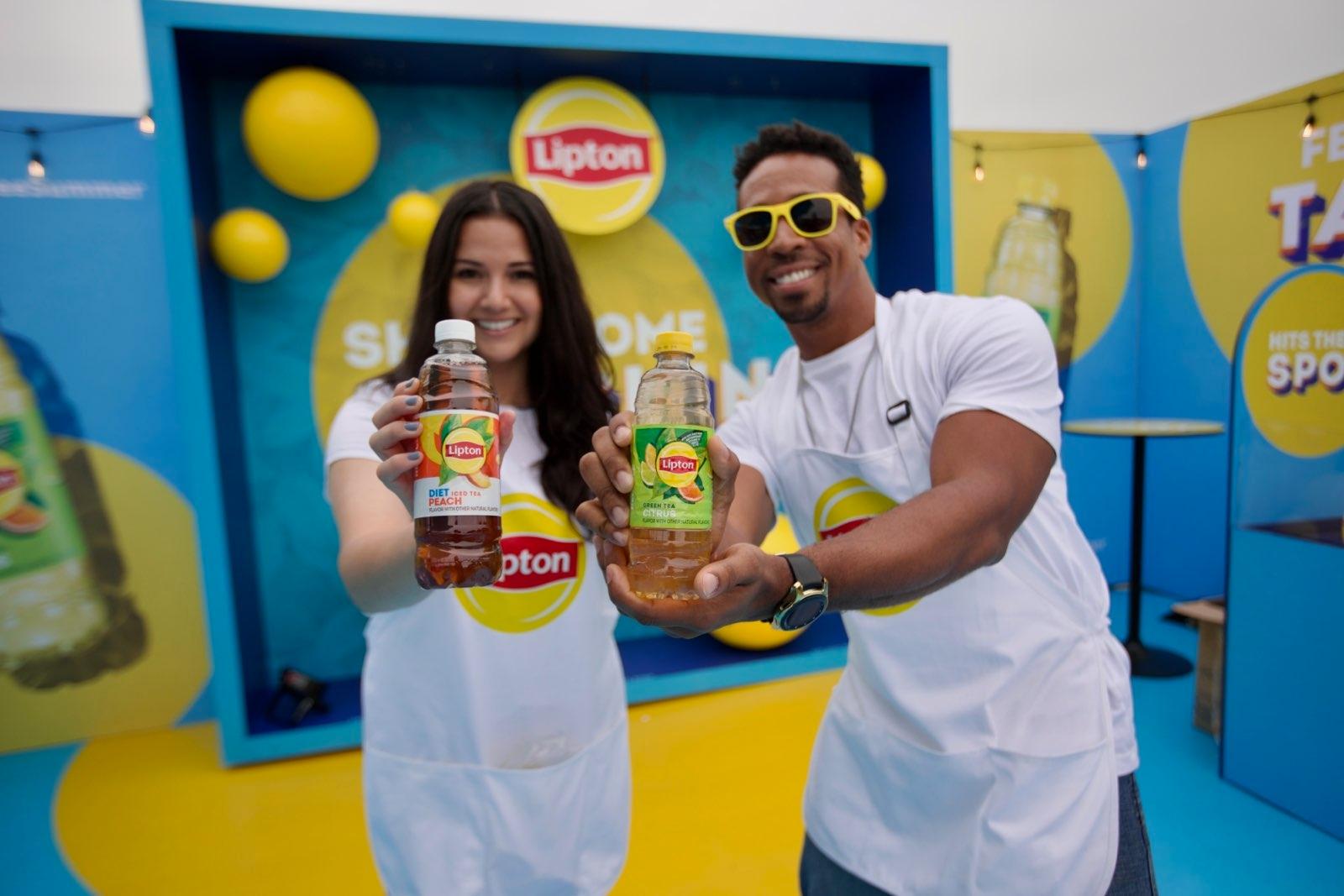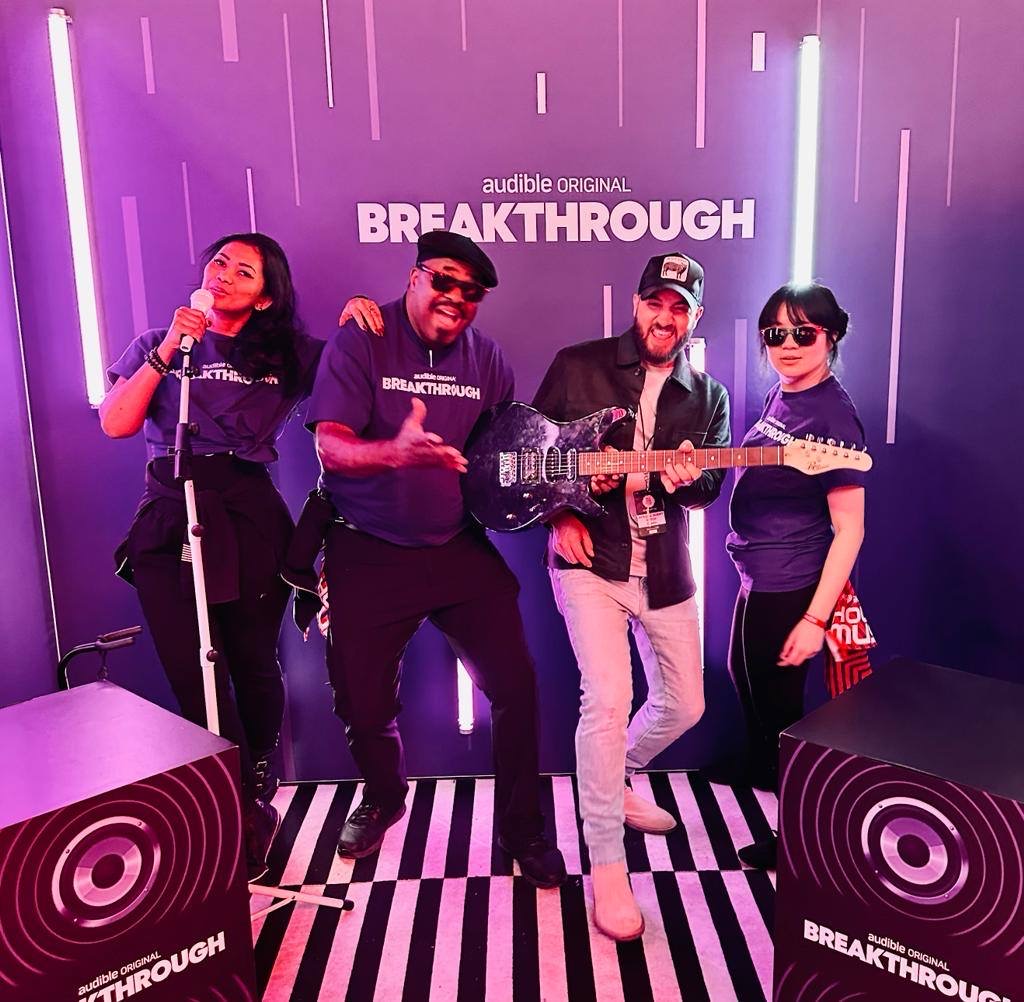11.03.23
By Lisa Major

Material things are temporary, but experiences last a lifetime. It’s this core principle that underlies both experiential marketing and event marketing. Still, these two marketing tactics are distinct in their focus, objectives, and strengths. Ultimately, the choice between experiential and event marketing depends on your brand’s goals, your target audience, and the products or services you offer.
Below, we discuss some of the differences between the two strategies, highlighting their unique characteristics and how they can each contribute to a brand’s overall marketing plan.

Experiential marketing focuses on face-to-face experiences that surprise and delight. It’s a marketing tactic that aims to engage consumers through two-way conversations and sensory-rich hands-on experiences. These experiences create lasting memories that shape long-term buying behaviors and brand loyalty.
Immersion: Experiential marketing immerses consumers in a branded environment where they can actively participate in the experience through interactive elements.
Personalization: By tailoring experiences based on individual preferences, the consumer feels like the experience was made for them, which has a lasting impact.
Emotional connections: Experiential taps into consumers’ emotions with the goal of creating a positive experience that they’ll remember. Gamification, interactive activities, storytelling, and meaningful conversations with brand ambassadors can foster these connections.
When consumers interact with a brand one-on-one, their perception of the brand shifts, and connections are made. No longer is a brand a strange, outside party – it’s integrated into their lives through a memorable experience.
Some examples of experiential marketing tactics include:
The overall goal is to create an emotional connection between consumers and a brand with the experience itself. And brands can’t afford to miss out on experiential marketing in the digital age – with so much noise surrounding consumers, it’s essential to have that personal touch.
![]()
The terms experiential marketing and event marketing are often used interchangeably, but they’re quite different.
Experiential marketing sometimes involves events (like an activation at a festival), but it falls under a broader strategy that extends beyond planned events and can operate independently. It’s probably more accurate to say that event marketing is a type of experiential marketing.
That’s because event marketing generally focuses on brand promotion at specific events like trade shows, conventions, and corporate events. Event marketing aims to leverage an event’s existing audience to increase brand visibility, generate leads, and create brand awareness in a targeted environment.
Brand promotion: At events, brands can showcase their products or services through exhibits, booths, or displays. Companies can interact with event attendees directly, convey key messaging, distribute information, and demo their product or service.
Networking: Events like trade shows and conventions allow brands to connect with and form relationships with customers, prospects, and industry leaders.
Lead generation: On top of the many networking opportunities that events present, companies can also gather attendees’ contact information, which allows for post-event follow-ups and potential sales conversions.
While event marketing and experiential marketing may have different focuses, they are not mutually exclusive. In fact, many successful campaigns integrate elements of both strategies by combining the power of connection and immersion with the targeted exposure of a built-in audience.
In the experience economy, consumers value experiences over goods or services because experiences bring personal fulfillment and enrichment. They add something to life that can’t be touched or measured but infinitely felt. And you can’t put a price tag on memories.
The world seems to agree. In recent years, expenditures on experience-related services – like events, travel, etc. – have increased nearly four times faster than on goods.
Consumers don’t want to just invest their money in the things they buy. They want to invest in their emotions, thoughts, and themselves. And experiential and event marketing meets them where they are, offering personalized connections that tie to a brand’s goals and values.

No matter which strategy you choose, it’s crucial to have the right people representing your brand. Brand ambassadors and event marketing staff serve as the face and voice of your brand. They are critical players in attracting people to your event footprint, engaging them in conversation, and facilitating memorable brand experiences that leave a lasting impression.
Since 2002, ATN Event Staffing has been the go-to event staffing agency for brands and companies across the nation. Whether you need brand ambassadors for an experiential marketing activation, product specialists to represent your brand at a trade show, or support staff at your next conference, we’ve got you covered. Contact ATN to learn more about our event staffing services and how we can help you with your next campaign.
Get the latest and greatest in experiential marketing news delivered to your inbox once a month!